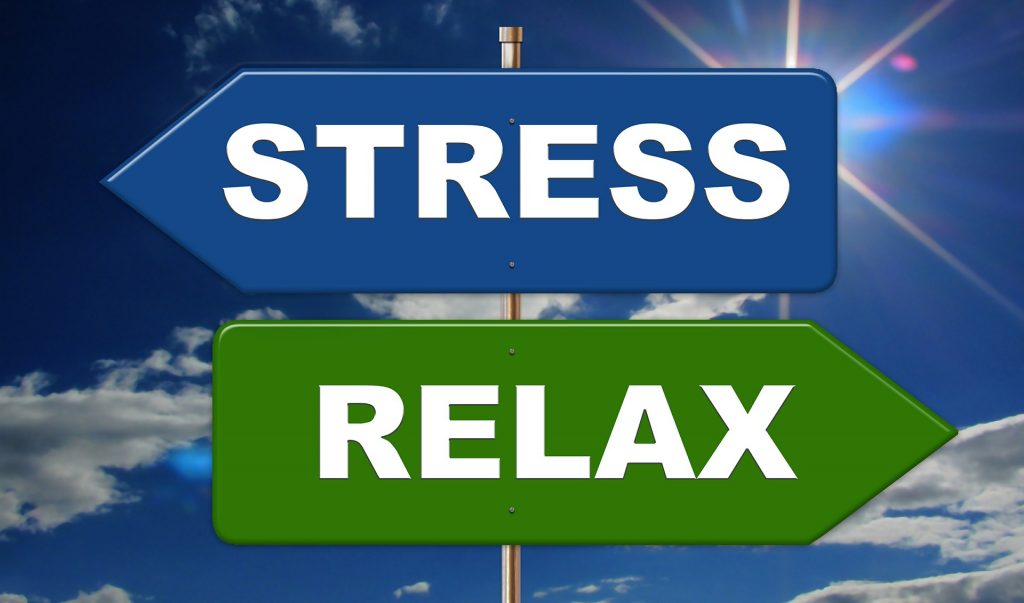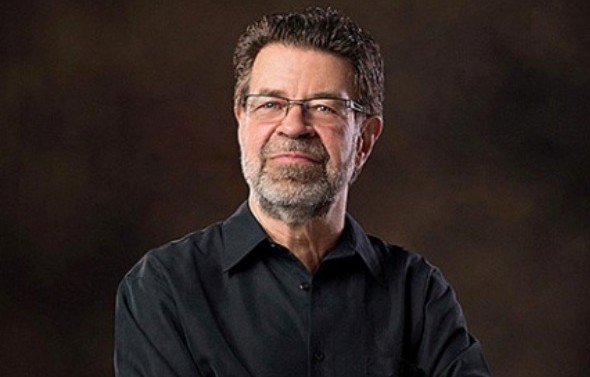Unpopular Opinion: Why You Should Not Worship Your Work (Including Voice Over)
“Love your work.”, they say. You’ve also been being told to make money out of your passion or things you are highly skilled at. Couldn’t agree more, because nothing feels more mentally and financially fulfilling than being able to make a living out of doing something you enjoy.
However, we felt the need to scrutinize this overrated perspective and unravel the underrated areas of reality for some discrepancy. Exploring this opposite side of the coin is especially important to the career of a voice actor, taking into consideration that voice over career gives you the opportunity to create flexible work environments where work-life balance is often achieved.
The latter is indeed both a blessing and a fulfillment, but there are other blessings outside your voice over studio that brings you the same and even better sense of joy and fulfillment. And this, in reality, is often overlooked.
This article does not aim to wreck your dedication to your voice over job, but rather wants to show you a different perspective that may help improve your working habits and lifestyle.
What is Workism? Am I worshipping my job?
Let me ask you, why did you choose to be a voice actor? If it is apart from money — a feeling that it is your true calling that gives your life meaning and purpose, here’s what you need to know: You bring the meaning to your work; and not the other way around. No matter what you do for a job, you can always create the meaning you want. While this might seem like a controversial idea to some, if you really examine it, you’ll find it to be true and accurate.
Believing the idea that work is more than just a way to earn money is what you call “workism”. It is pretty much the same as to worshipping your work if you view your job as the core source of your identity, life’s purpose, happiness and fulfillment. And workism, is in fact making Americans miserable.
We are neither telling you to trivialize your job nor be unhappy with it, but do not be so immersed to your work to the point that you are worshipping it. Why? Because work was designed as a way to earn money, not as the be-all end-all to the meaning of life.
One of the dangers with trying to make your work be meaningful is that most work is not meaningful. It’s work, and generally something you probably wouldn’t do unless you’re being paid to do it. And sometimes, you might just be tricking your mind that you enjoy your job than actually enjoying it.
When you tend to devote your entire life to work, worshipping something from which you can actually be fired, you’re setting yourselves up for a painful fall if the market doesn’t behave. And its behavior is out of anyone’s control. The concept of workism is falling flat itself, with Gallup reporting nearly 90 percent of workers are not engaged at their jobs. It’s also creating a culture of misery, perhaps explaining why anxiety and depression have increased significantly over the past 40 years.
Setting Your Voice Over Career Apart from Your Personal Life
You love your voice over job and it may even be your genuine happiness, and there’s no reason to burden yourself about that after reading this article. But we are here to remind you, that there’s more to life such as pursuing your hobbies or spending time with your family and friends other than just cooping yourself up inside your studio obsessing yourself to the idea that what you’re doing is the only thing that gives meaning to your life.
It is definitely not bad to dedicate your life to your job, after all, it’s how it works. And it wouldn’t be worthwhile if you do something insincerely on a daily basis. But just do not get overly-drowned to it, as it can subconsciously lead to an unhealthy lifestyle in the long run.
To every voice actor reading this, here’s how you can create a better management of work-life balance.
















